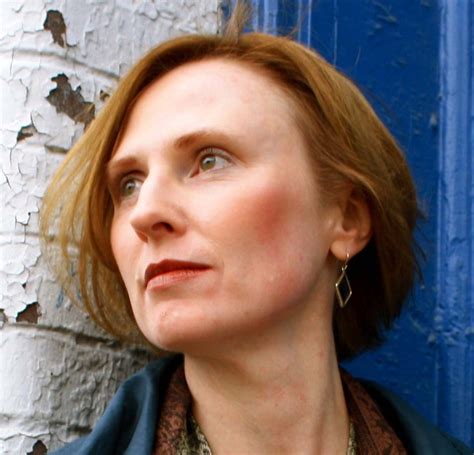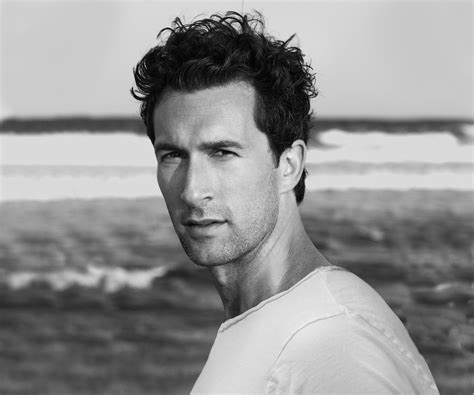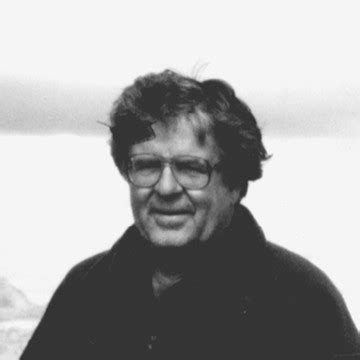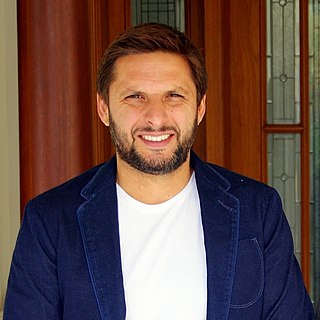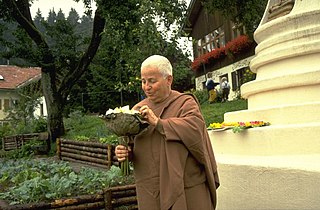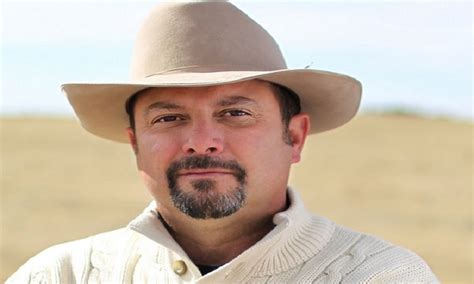A Quote by Amy Neftzger
Without stories, we'd have even more trouble recognizing what's real.
Related Quotes
I do believe the world is a pretty sad, troubled, and violent place. Maybe that's why I focus on the trouble. Even though there are good people and good things, there's also a bunch of messed up stuff. And I learned early on, you have to have some trouble in your stories. I definitely go overboard on that, but I have a lot more fun writing about the trouble.
We tell stories to talk out the trouble in our lives, trouble otherwise so often so unspeakable. It is one of our main ways of making our lives sensible. Trying to live without stories can make us crazy. They help us recognize what we believe to be most valuable in the world, and help us identify what we hold demonic.
The real trouble with this world of ours is not that it is an unreasonable world, nor even that it is a reasonable one. The commonest kind of trouble is that it is nearly reasonable, but not quite. ... It looks just a little more mathematical and regular than it is; its exactitude is obvious, but its inexactitude is hidden; its wilderness lies in wait.
There is a movement of more people recognizing global warming as a danger, recognizing the human contribution to global warming, recognizing the necessity for doing something about it. So there's a trend in that direction, and that trend is consistent with what a climate swerve - which is, as we're both saying, a mindset.
If we divide into two camps--even into violent and the nonviolent--and stand in one camp while attacking the other, the world will never have peace. We will always blame and condemn those we feel are responsible for wars and social injustice, without recognizing the degree of violence within ourselves. We must work on ourselves and also with those we condemn if we want to have a real impact.
